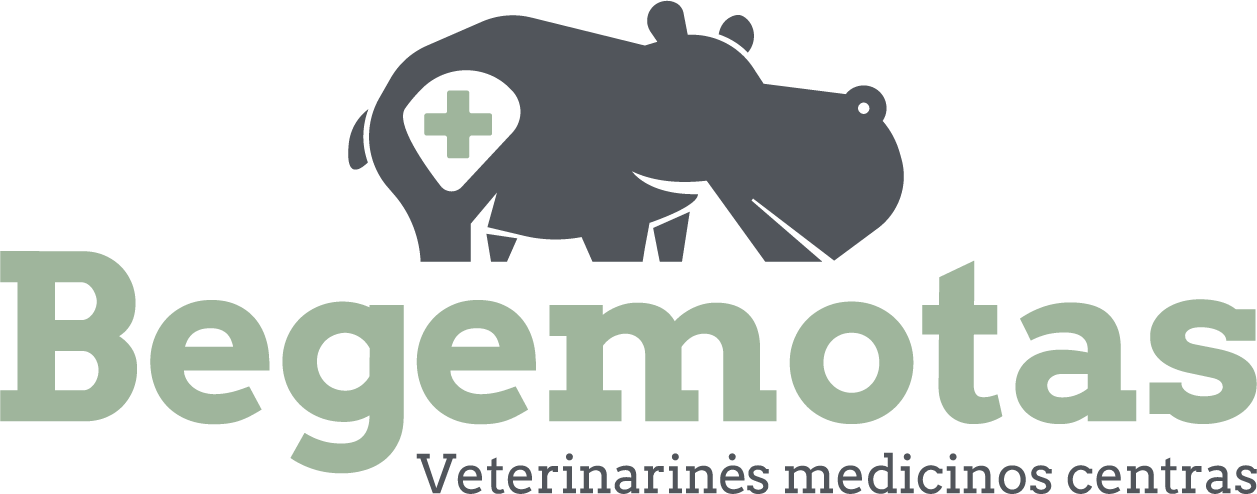When our beloved dogs suffer, we want to help them as quickly as possible. However, not all medicines in our medicine cabinet are safe for our four-legged friends. There are medicines that, although they seem harmless to us, can be deadly to dogs.
For this reason, it is very important to know what to give your dog for pain relief and what can cause serious complications or even be fatal.
Table of contents
What is important to know about pain in pets?
Our four-legged friends can experience pain for a variety of reasons, ranging from minor injuries to serious illnesses. When a dog is suffering, it is natural to want to help them as quickly as possible.
However, it is important to know that not all remedies that are suitable for humans are safe for dogs – carelessly chosen medications can be dangerous to an animal’s life.
For example, ibuprofen and paracetamol, common painkillers for humans, can be deadly for dogs, causing serious health problems. It is important to know what can be used at home and when it is necessary to seek immediate veterinary care.
Many people think that a medicine that helps humans should also be suitable for dogs, but this is not the case. Among the many preparations we use every day, there are even medicines that are lethal to dogs.
Therefore, it is necessary to consult with specialists to protect our pets from dangerous mistakes and to learn how to safely help a dog at home and what medications should never be given to your pet.

First steps when you notice your dog is in pain
If you notice that your dog is suffering, the first step should be to contact your veterinarian. Even if the pain does not seem severe, it is important to have the situation assessed by a professional.
The Begemotas veterinary clinic in Vilnius is a great place to go for a quick and high-quality consultation, where professionals can determine what is causing the pain and what steps should be taken.
However, if your dog is suffering at night or at another time when a veterinarian is unavailable, it is worth knowing what measures can temporarily alleviate its condition until you receive professional help.
What can you give your dog for pain at home?
One of the safest and most commonly used pain relievers for dogs is nonsteroidal anti-inflammatory drugs (NSAIDs) for dogs. These drugs are specifically designed for dogs and help reduce pain and inflammation.
However, it is important to note that NSAIDs intended for humans, such as ibuprofen or aspirin, can be extremely dangerous for dogs.
Here are some examples of medications or active ingredients for dogs that can be purchased at veterinary clinics or after consulting with a veterinarian:
- Carprofen – one of the most popular anti-inflammatory drugs for dogs, used to treat arthritis, joint pain, and injuries.
- Meloxicam – also a commonly prescribed anti-inflammatory and pain reliever used to treat joint diseases or injuries in dogs.
- Firocoxib is a drug used to relieve pain, especially in cases of arthritis.
- Gabapentin is a drug used to treat neuropathic pain or chronic pain.
These medications are effective and safe when prescribed by a veterinarian. They help relieve pain, reduce inflammation, and improve your dog’s overall condition.

Alternative ways to relieve pain
In addition to chemical medications, there are several alternative methods that can help relieve your dog’s pain at home. These methods can help while you wait for your visit to the veterinarian:
- Gentle massage – if the pain is caused by muscle tension, a gentle massage can help relax the muscles and reduce discomfort.
- Warm or cold compresses – depending on the type of pain, warm or cold compresses can help reduce inflammation and pain. For example, cold compresses can help reduce swelling, while warm compresses can relieve muscle pain.
- Rest and restricted movement – if the pain is caused by injury or overexertion, rest and limited physical activity can help your dog recover.

Medications for joint pain in dogs
Joint pain in dogs is a common problem, especially in older animals or certain breeds. Symptoms such as stiffness, difficulty getting up, walking, or jumping may indicate arthritis, degenerative joint disease, or injury.
Fortunately, there are various medications that can help dogs cope with joint pain and improve their quality of life.
The most commonly used non-steroidal anti-inflammatory drugs (NSAIDs) for dogs are carprofen, meloxicam, and firocoxib. These drugs reduce inflammation, relieve pain, and allow the dog to move more easily and without discomfort.
All medications must be prescribed by a veterinarian, as improperly selected preparations or excessive doses can cause side effects such as digestive problems and liver or kidney damage.
In addition to medication, glucosamine and chondroitin supplements can also be beneficial, as they help strengthen cartilage and improve joint condition.
However, as with medication, supplements for joint pain must be selected by a veterinarian, who will determine the appropriate dosage and choose the most suitable treatment plan for your dog.

Which medications are deadly to dogs?
Although we find many painkillers in our medicine cabinets, many of them can be deadly to dogs. Here is a list of popular medications that should NEVER be given to dogs for pain relief:
- Ibuprofen is the most commonly used human medication for pain and inflammation, but it is toxic to dogs. It can cause severe stomach and intestinal damage, bleeding, liver or kidney failure, and even death in high doses.
- Paracetamol (acetaminophen) – a popular medicine for fever and pain in humans, but it is extremely dangerous for dogs. Even small doses of paracetamol can cause liver damage, blood cell destruction, and other serious complications.
- Aspirin – although some veterinarians prescribe small doses of aspirin in certain cases, this should only be done under veterinary supervision. Unauthorized use of aspirin can cause bleeding, stomach ulcers, and kidney damage.
- Diclofenac – a strong anti-inflammatory drug used to treat joint and muscle pain in humans. In dogs, this drug can cause severe gastrointestinal and kidney complications, which are often fatal.
- Naproxen is another nonsteroidal anti-inflammatory drug intended for humans, but it can cause severe kidney damage and gastrointestinal disorders in dogs, making even small doses potentially fatal.

What to do after giving lethal medication to a dog?
When lethal drugs are administered to dogs, such as painkillers or other medications intended for humans, various symptoms may initially appear, indicating poisoning or serious health problems.
The symptoms depend on the type of drug used and the dose administered. Here are the most common signs of adverse drug reactions in dogs:
- Vomiting – vomiting is the most common sign that a dog’s body is reacting to toxic or inappropriate medication.
- Diarrhea – diarrhea in dogs is often accompanied by blood or dark stools, indicating damage to the digestive tract.
- Lethargy or weakness – the dog becomes sluggish, less active, and may refuse to play or eat.
- Convulsions or tremors – neurological disorders that often occur due to drug overdose or adverse reactions.
- Increased thirst and urination – indicating possible kidney damage.
- Bleeding from the nose, gums, or bloody stools – may be the result of the medication’s effect on blood clotting.
- Shortness of breath or rapid breathing – shortness of breath in dogs may indicate respiratory or heart problems.
If you notice any of these symptoms, you should contact your veterinarian immediately.
What to do if medication and first aid do not help?
Although some knowledge of first aid and medication can be helpful, it is always best to consult a veterinarian.
The Begemotas veterinary clinic in Vilnius is ready to provide professional help for your pet, offering accurate diagnosis and the most appropriate treatment.
It is important to remember that treating your dog yourself carries a high risk of doing more harm than good. Therefore, if you have any doubts about what measures to take, never hesitate to contact a veterinary clinic.
Dogs are our true friends and family members, so we must do everything we can to keep them healthy and happy.






